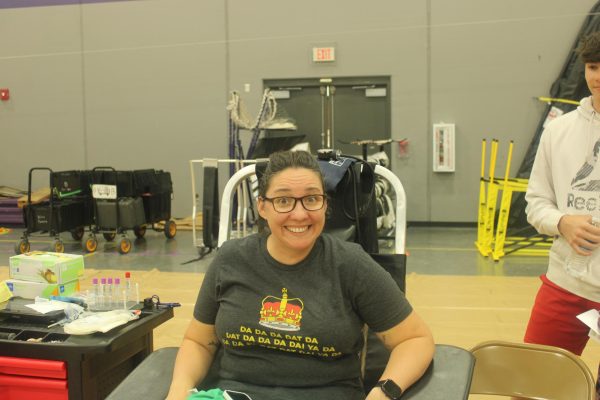Man’s Best Friend At Risk
May 10, 2020
There has been a worldwide fear over the possibility of homeowners’ pets contracting and spreading COVID-19. The CDC has dissolved this fear by showing their research into this matter.
According to the official Centers for Disease Control and Prevention website, the coronavirus is a large family of viruses that not only causes illness in people, but also certain types of animals. It is said that the coronavirus that infects animals can sometimes spread to people; however, this is very rare. The CDC has not found evidence that ties to companion animals, including pets, spreading the COVID-19 virus to people, as well as the possibility of them being the source of infection in the United States. However, the CDC is aware of a very small number of pets outside of the U.S that contracted the coronavirus after close contact with people with COVID-19.
The initial source of the current outbreak of the COVID-19 virus is unknown to the CDC. The first infections were thought to be linked to a live animal market, but the virus is now primarily spreading from person to person.
The first case of the coronavirus appearing in animals within the United States was a tiger with a respiratory illness at a zoo in New York City. Samples were taken and tested after several lions and tigers started to show signs of respiratory illness. Public health officials stated that they believe these animals contracted the virus from a zoo employee who was actively shedding the COVID-19 virus.
The CDC warns pet owners to treat their animals how they would treat another family member. The CDC stated, “Treat pets as you would other human family members – do not let pets interact with people or animals outside the household. If a person inside the household becomes sick, isolate that person from everyone else, including pets.” There is a very small number of cases with pets having the coronavirus. However, if you are worried about your pet’s health, it is suggested to contact your local veterinarian.
The CDC reported, “This is a rapidly evolving situation and information will be updated as it becomes available.”










